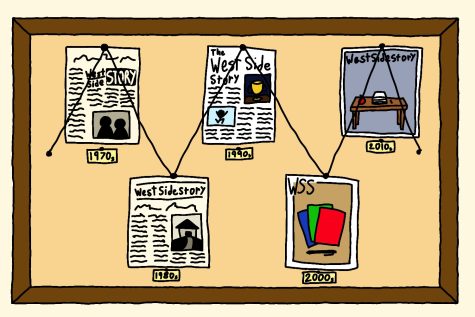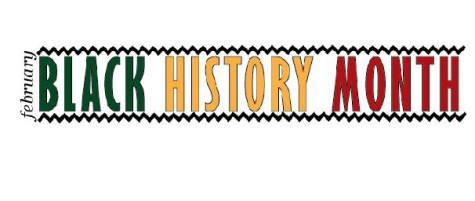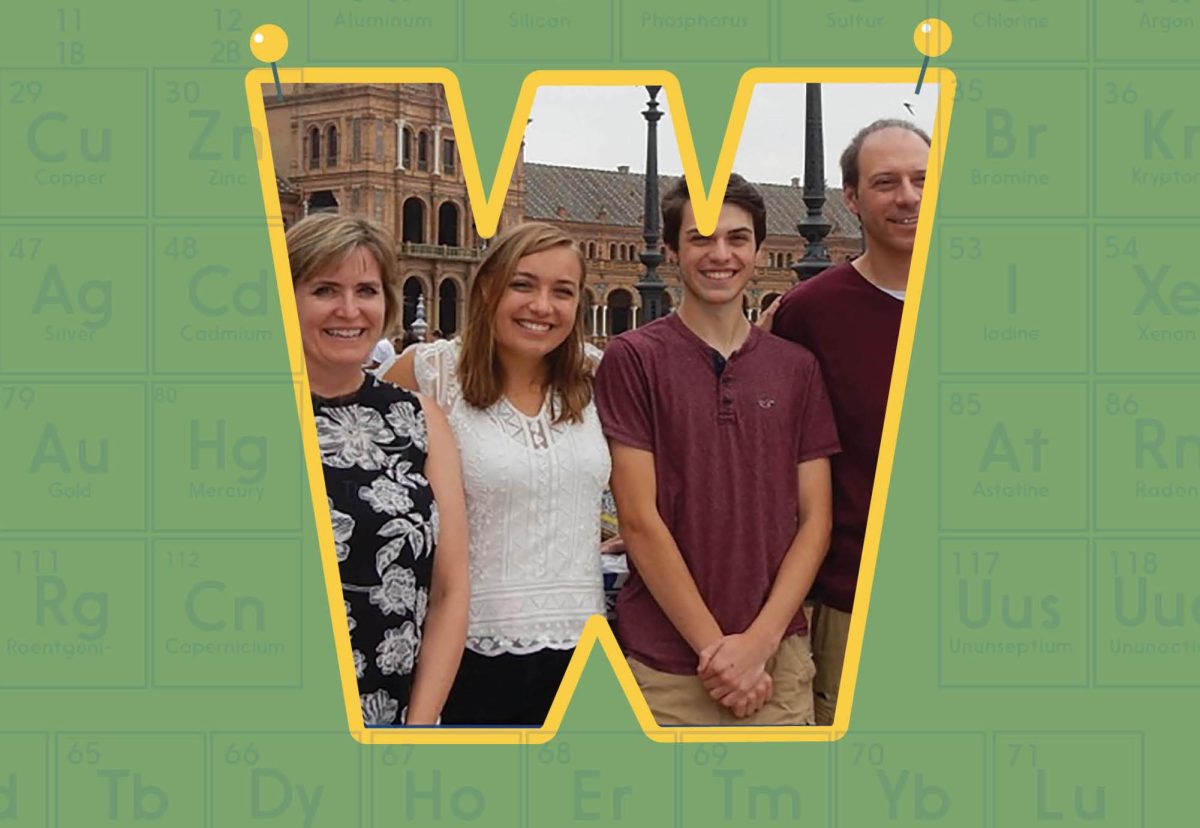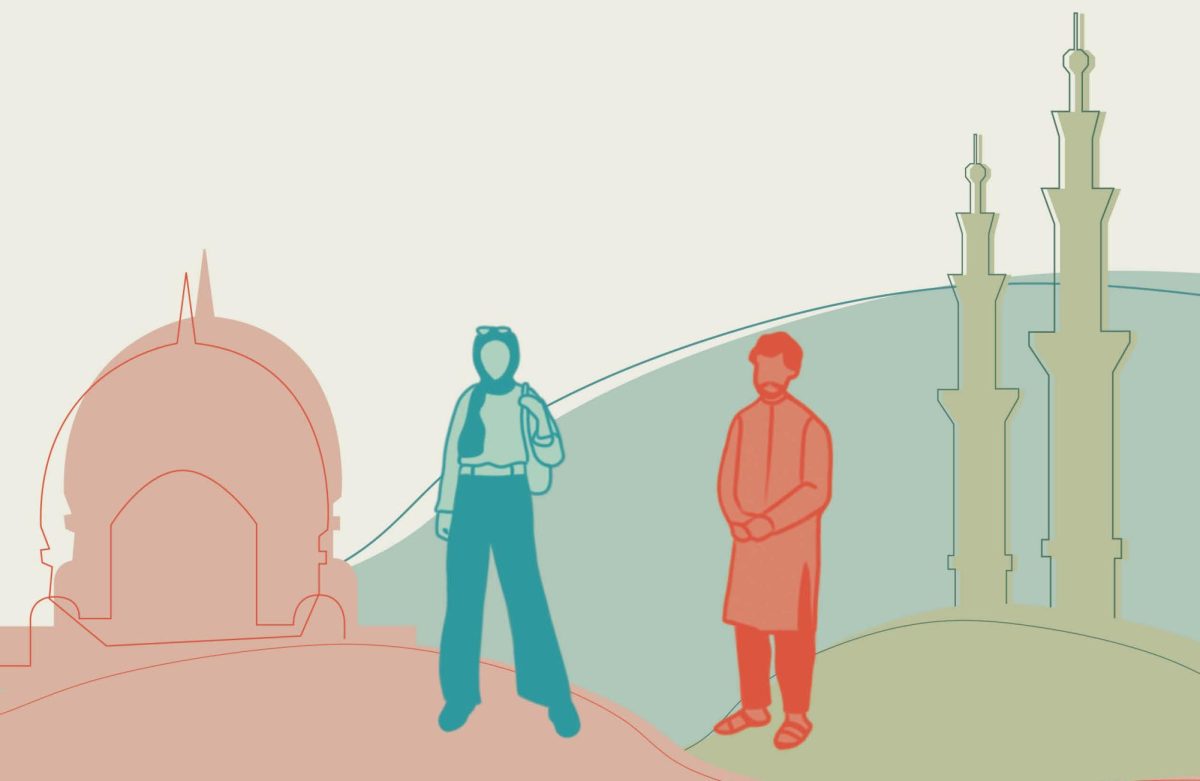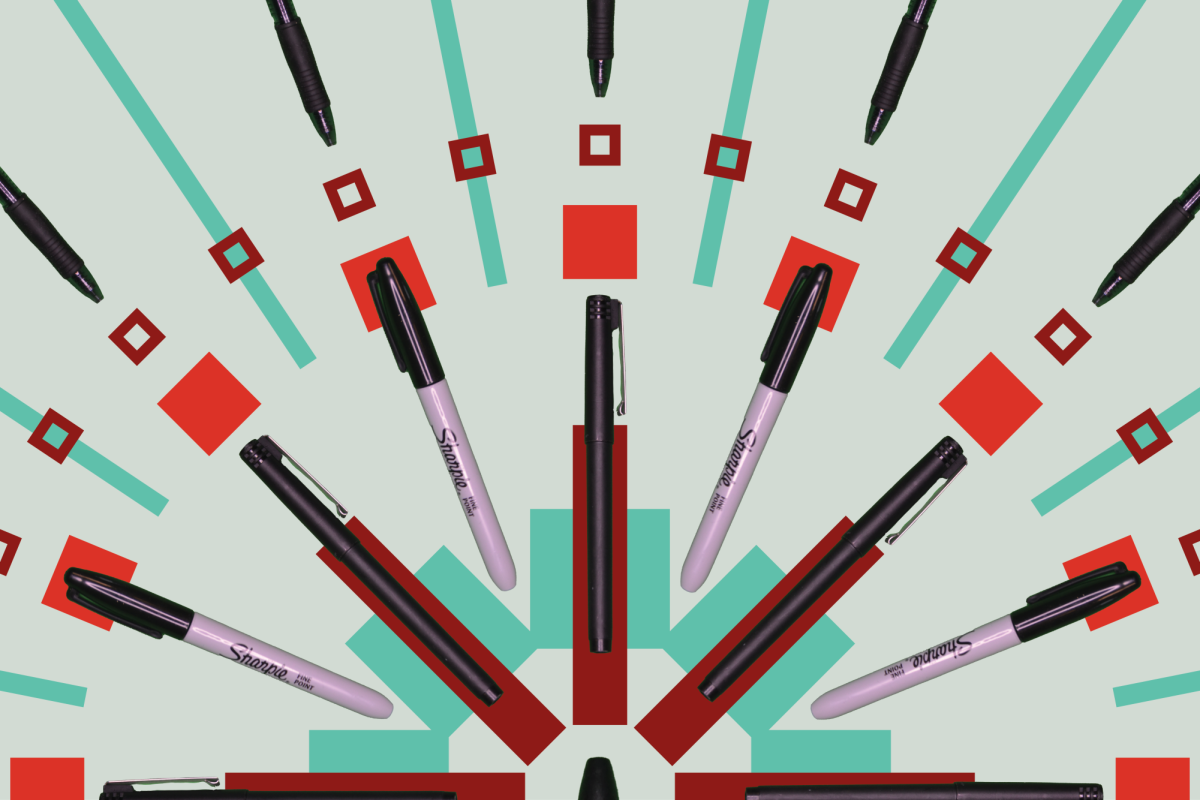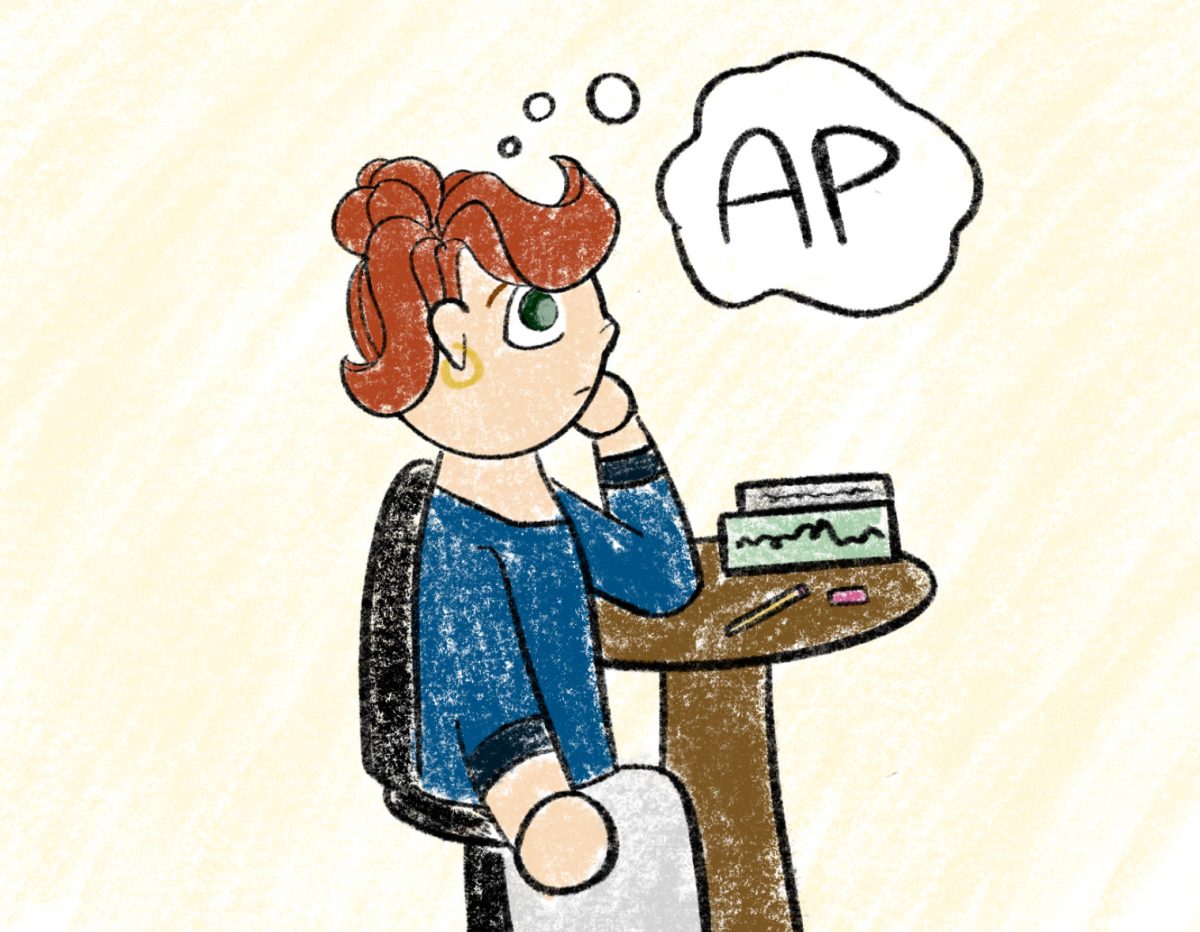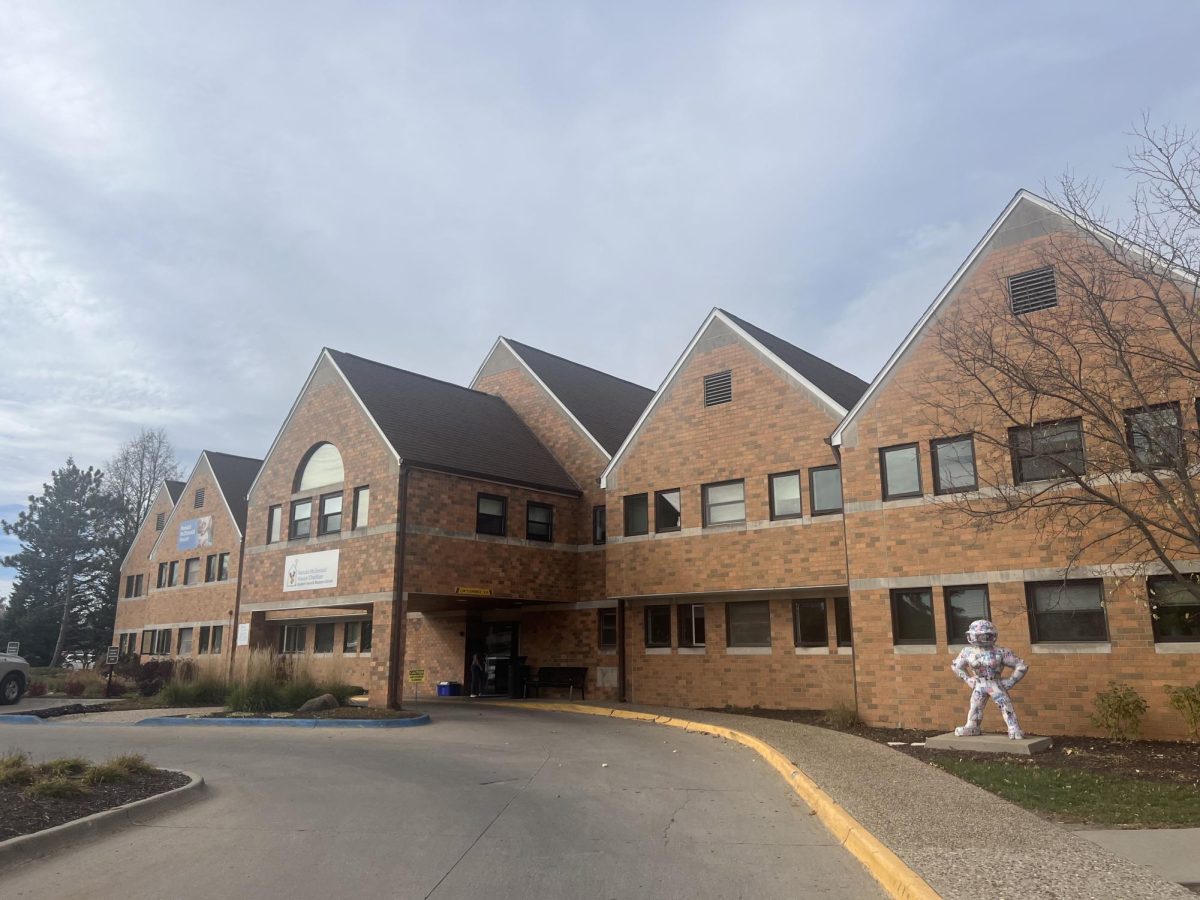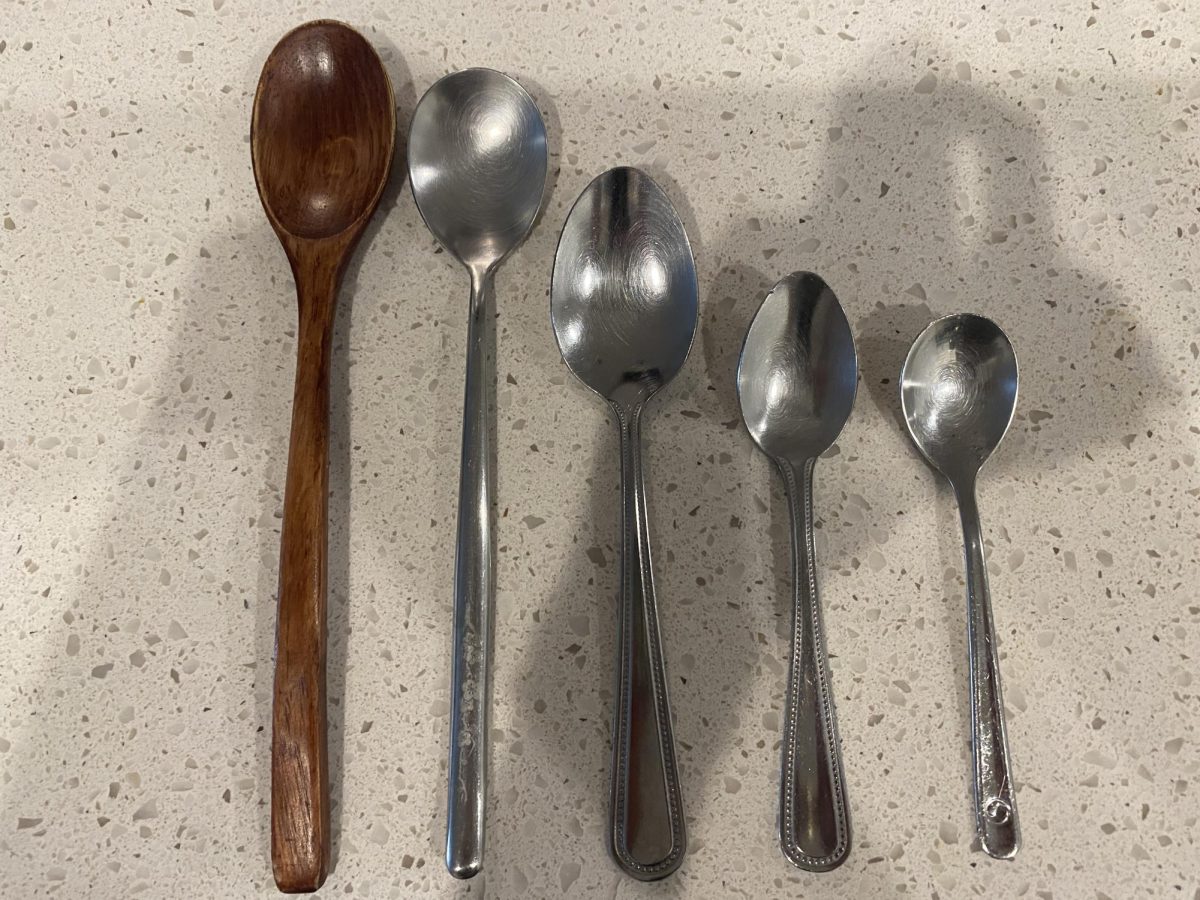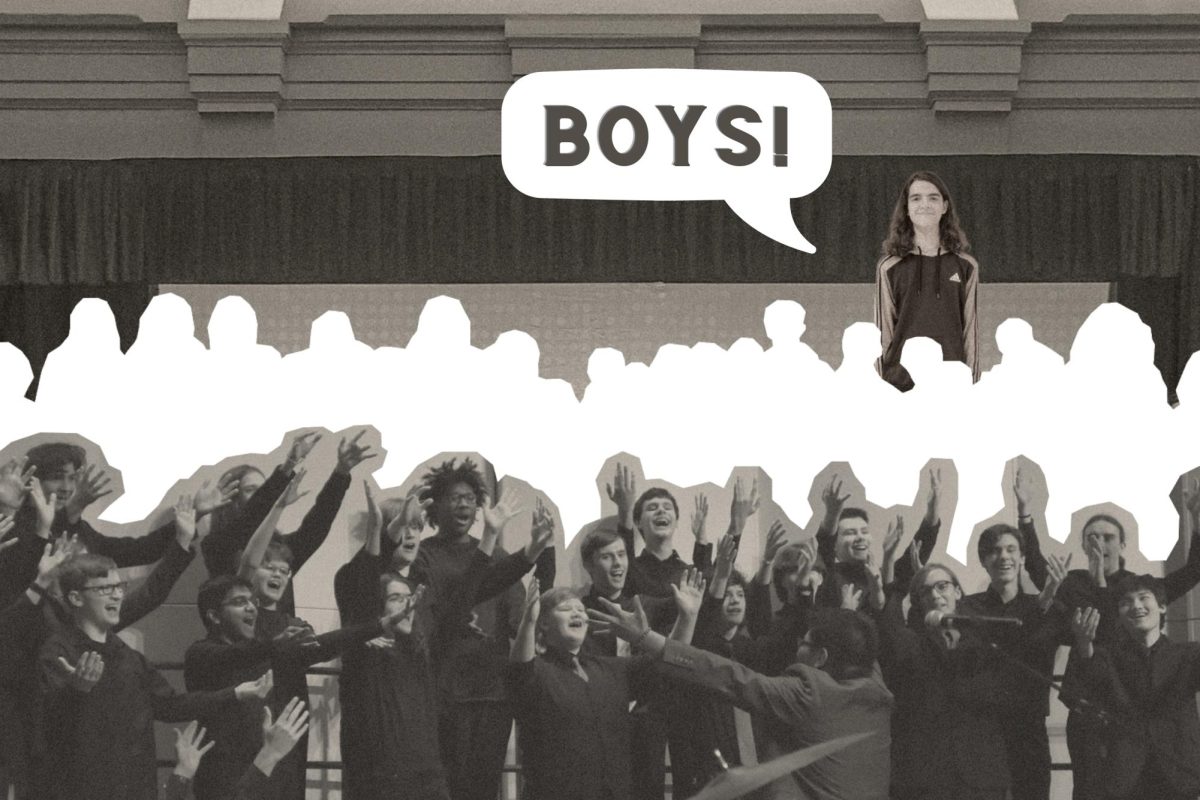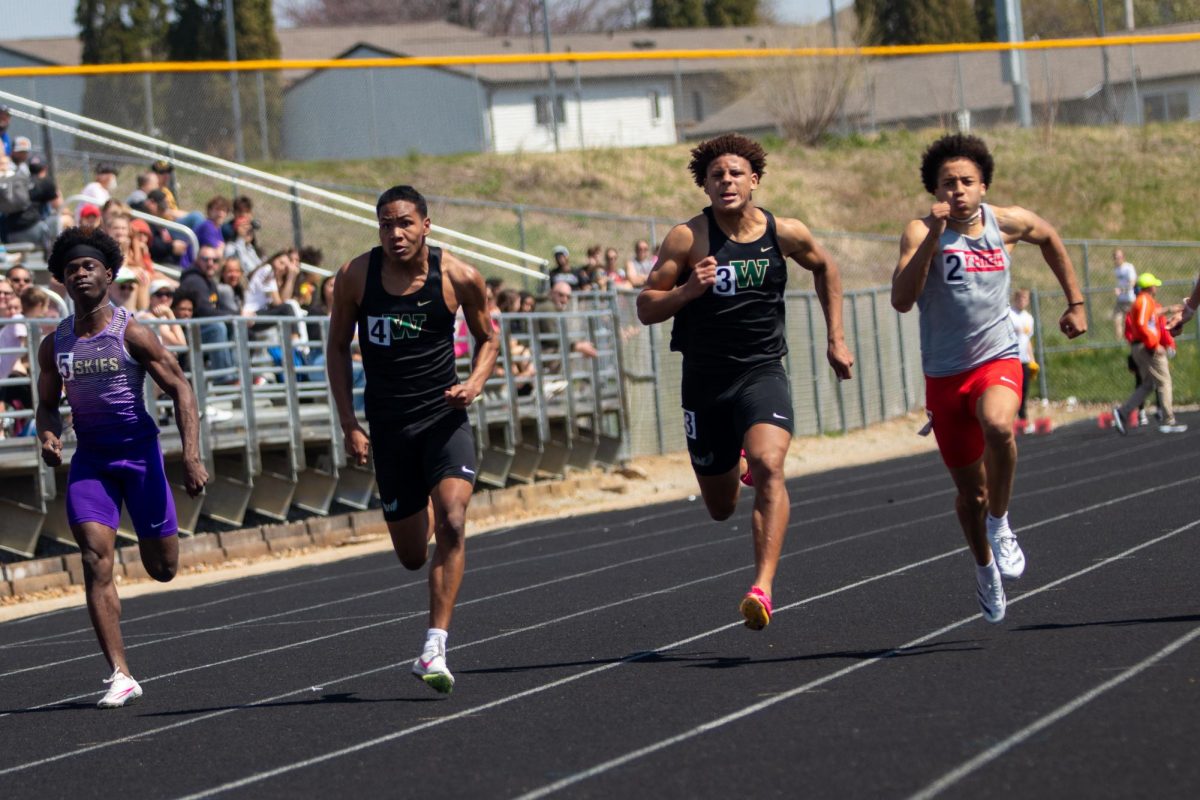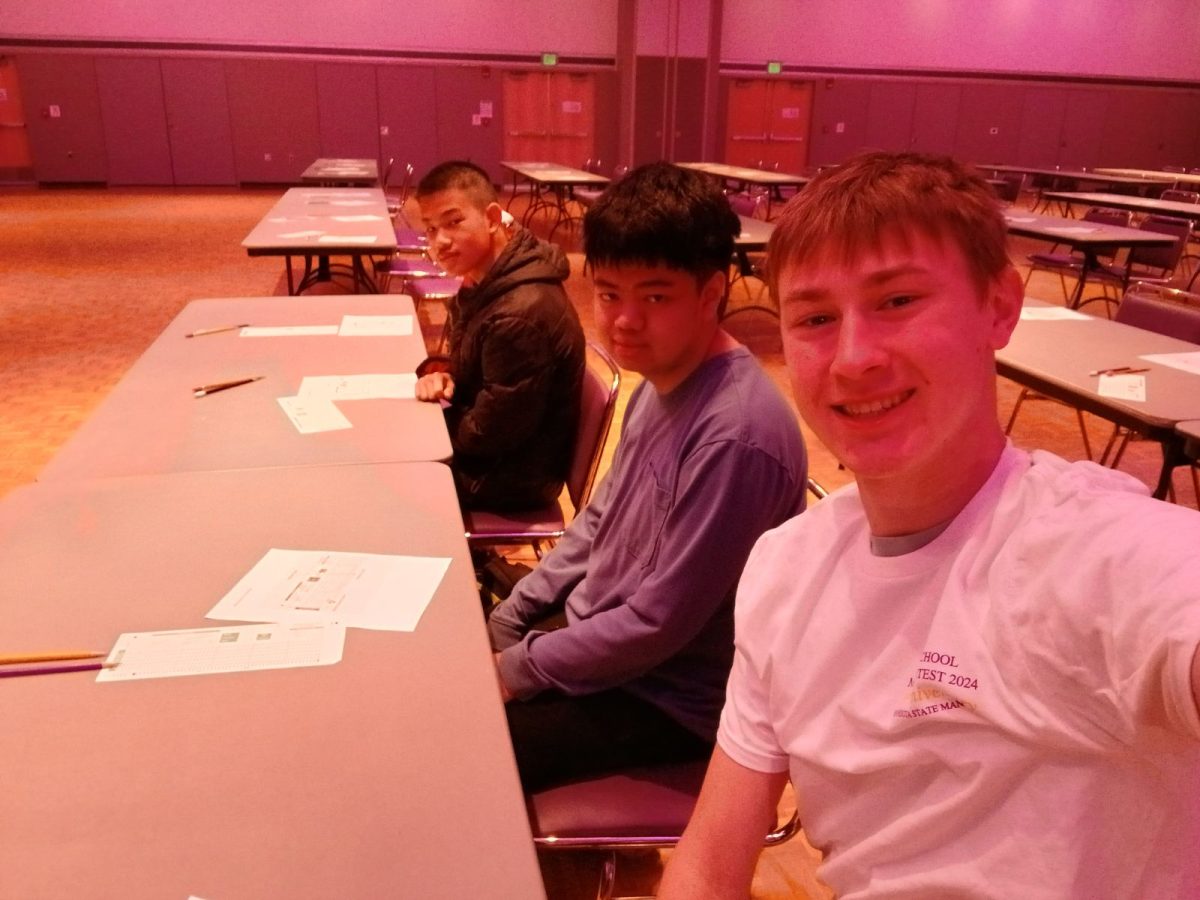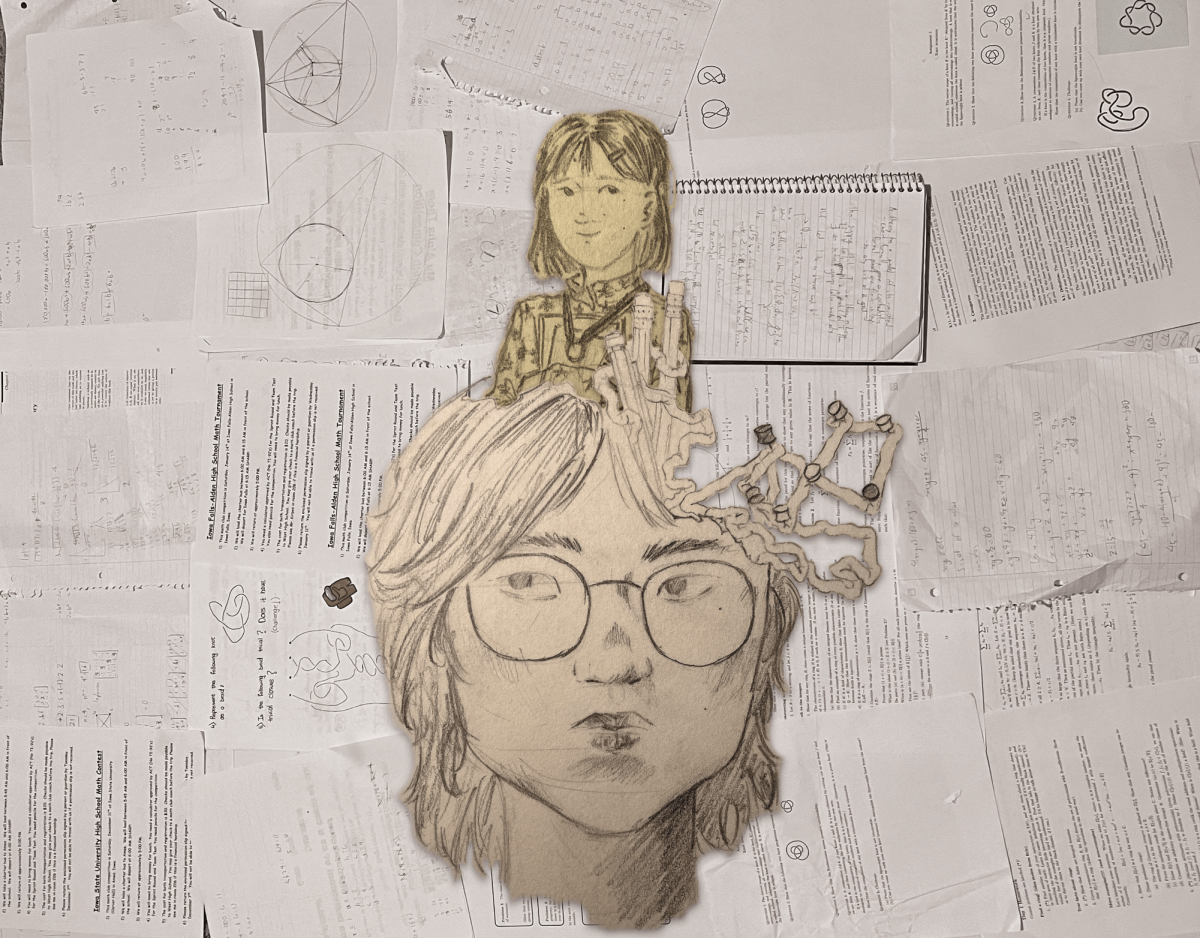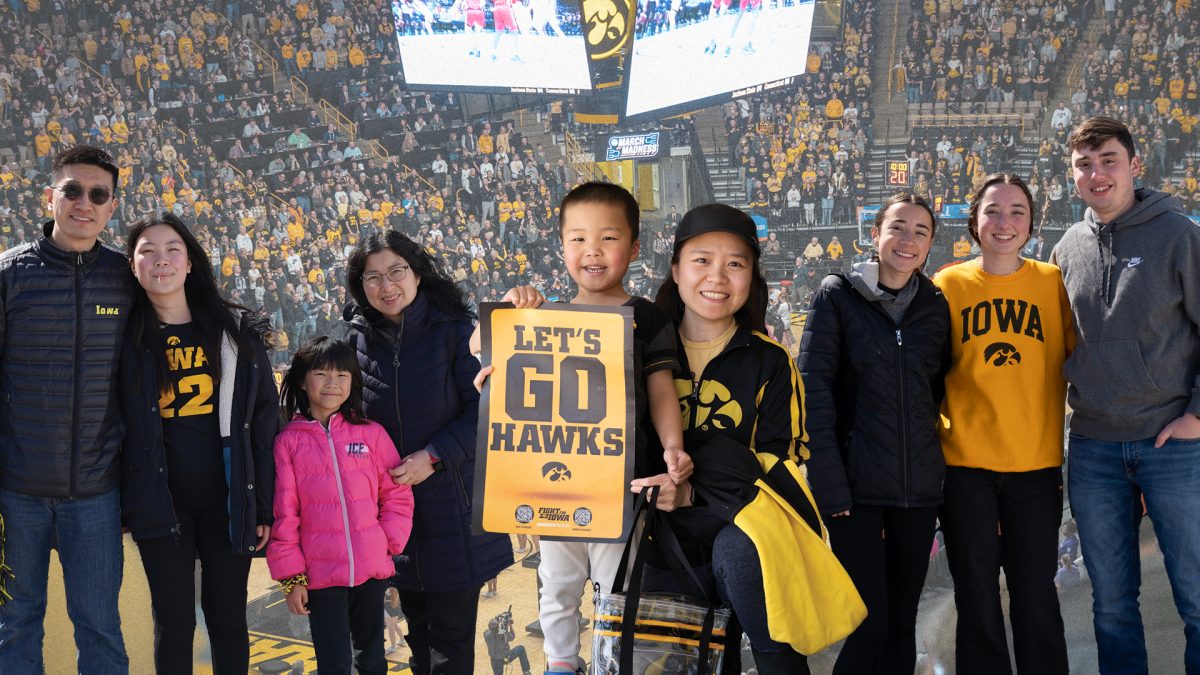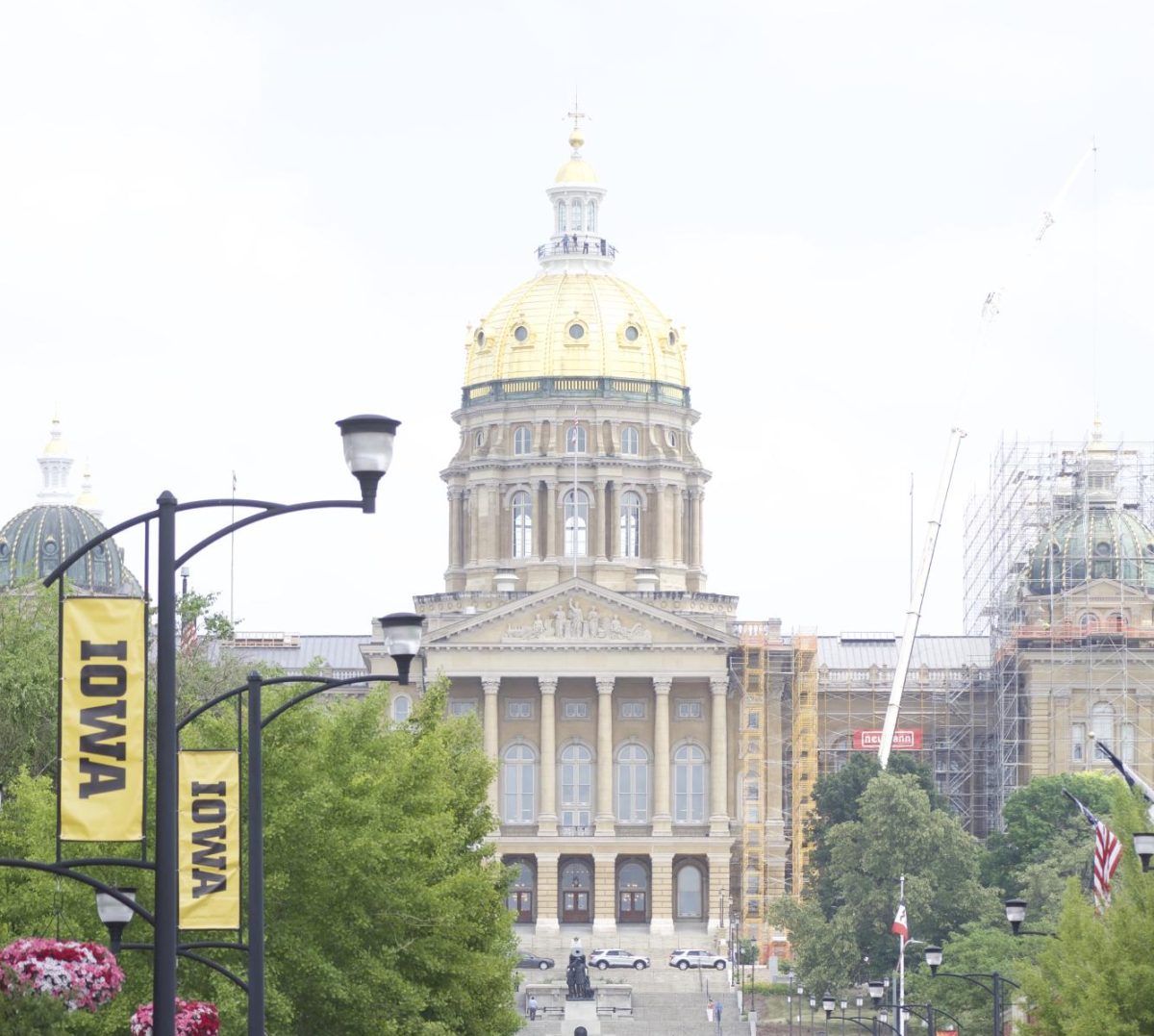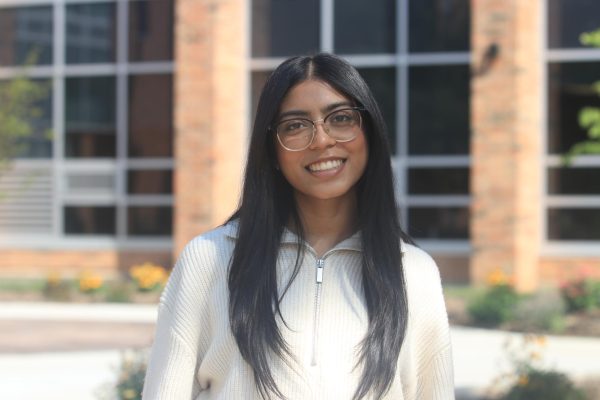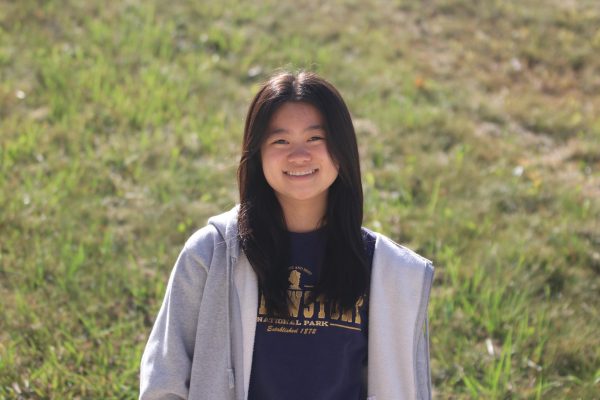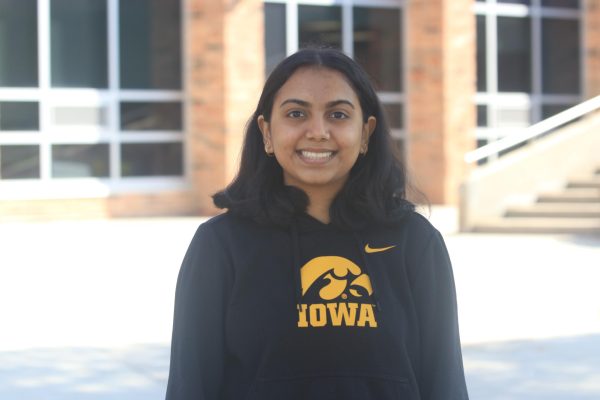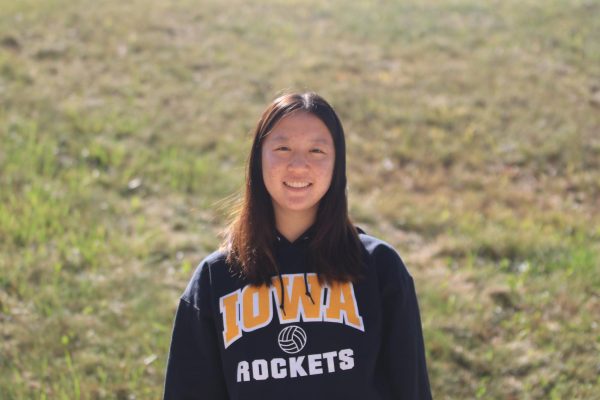March is dedicated to recognizing women’s impacts by celebrating those who have shaped society for the better.
In 1908, women workers in the Needle Trade marched in New York to demand women’s suffrage while protesting child labor and sweatshop conditions. In honor of these women, the first Women’s Day occurred Feb. 28, 1909. Since then, 27 countries across the globe, including the U.S., have agreed to hold International Women’s Day on March 8.
Years later, Women’s History Week began as a local celebration in Santa Rosa, California. The Commission on the Status of Women of Sonoma County planned and executed a “Women’s History Week” celebration in 1978, holding it the week of March 8 to align with International Women’s Day. The movement spread across the country as other communities initiated their own Women’s History Week celebrations in 1979.
The National Women’s History Alliance led women’s groups and historians in lobbying for a nationally recognized Women’s Day, leading to President Jimmy Carter issuing the first Presidential Proclamation declaring the week of Mar. 8 National Women’s History Week for the year 1980. Following Carter, presidents continued to proclaim National Women’s History Week every year until 1987, when Congress passed Public Law 100-9, declaring March “Women’s History Month.”
Every year, the National Women’s History Alliance sets a theme for Women’s History Month. This year’s theme is “Women Who Advocate for Equity, Diversity, and Inclusion,” recognizing women who spearhead change in their fields. Here are the stories of women from West, among others, who have impacted the Iowa City community.
Lilli Oetting ’11
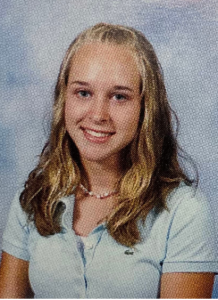
Innovator, coder, and co-founder of Esper, Lilli O’Hara ’11, never imagined herself in the world of software development when graduating from West. Although she has already found great success in her field by creating two startups, one of which she still manages today, and making the Forbes 30 Under 30 Social Impacts in 2022, O’Hara’s career is just beginning to bloom.
O’Hara’s initial interest in high school wasn’t computer science but STEM as a whole, as she loved math and sciences since she was young. In her Senior year, O’Hara was offered an internship at the University of Iowa that piqued her interest in engineering.
“I think we had just gotten our first computer science class while I was at West, so there was something offered, but it was very new. It was not something that I had an interest in at the time,” O’Hara said. “A professor who came and spoke to my AP chemistry class about his research in carbon nanotubes and other nanostructures… ended up giving me an internship where I eventually wrote a program that helped with the visualization of microchemical structures. That was my first exposure to engineering.”
After West, O’Hara continued her education at Stanford University and enrolled in her first computer science class in her freshman year. After four years, O’Hara implemented her newfound passion into her first-ever startup.
“Stanford is a very entrepreneurial type environment. [People] are very encouraging of others in pursuing that avenue so there was a lot of exposure in my time to entrepreneurship and people who were interested in building things,” O’Hara said. “I never imagined starting a company, I never thought that would be something I could do. But being in that environment gives you a lot more confidence.”
O’Hara continued working on her project with her friends post-graduation, until selling the start-up to GoFundMe, where she was also recruited to work. After a couple of years at GoFundMe, O’Hara was on her feet and ready to pursue something for herself when she met her now co-founder and business partner, Maleka Momand. Momand came to O’Hara with a pitch for a start-up idea, and Esper was born.
“What really sold me from her pitch was just the [the startup’s] ability to broadly impact the foundational pillars in our society,” O’Hara said.
According to the Esper website, Esper’s mission is to be the system of record for government policy. Esper stores policies, state regulations, and laws into one database that aids policymakers in researching, collaborating and drafting legislation. O’Hara believes that her biggest accomplishment in her career so far has been the creation of Esper, not only due to the milestones the company has achieved, but the impact it brings, as well as how much her product represents herself.
“My first company was in the education space, I’ve worked in charitable giving and GoFundMe [and] I’ve worked in healthcare startups. [Solving] gnarly problems that could really have an impact were always interesting to me,” O’Hara said. “In tech and especially in Silicon Valley, there is an attitude of working around the government or avoiding regulations or you know…As an entrepreneur, I understand where that ethos comes from, but I liked the idea of a tech company that would embrace the ‘not how do we work around government?’ but ‘how do we make government work better?’”
Being a woman and working in STEM for the past 13 years, O’Hara has met many supportive and encouraging colleagues along the way. However, at the start of the journey, it was difficult for O’Hara to feel fully confident in her abilities.
“There are always some elements of imposter syndrome when there are not a lot of other people int he room that you feel like have had similar experiences as you or you feel like you don’t quite fit in,” O’Hara said. “I came into Stanford not knowing any computer science and encountered a lot of people who have coded in high school who are really into computers and a lot of them are dudes. It can feel a little bit like ‘whoa, I don’t quite fit in’, but I found that that has diminished a lot throughout my career.”
O’Hara also believes that self-doubt is the easiest way to limit the opportunities that come through the door.
“Don’t sell yourself short, and don’t miss out on the opportunity because you didn’t put yourself out there for it. I think that we as women often struggle with asking for the opportunity or putting ourselves out there for the opportunity and sometimes we write ourselves off before we even give somebody else the opportunity to write to write us off,” O’Hara said. “ If somebody else says no to you then you know that’s one thing, but don’t say no to yourself.”
After reflecting on her career so far, O’Hara is grateful to have grown up in the West High and Iowa City community.
“I feel to have grown up in a place like Iowa City and how formative that was on my life and any success that I’ve had,” O’Hara said. “Iowa City is a really unique and special place. The opportunities that you have there [such as] being able to go to an amazing public school like West and being exposed to all the kind of interesting and varied people, not everyone gets that opportunity.”
Abby Schley ’22
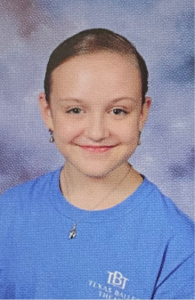
Following the suicide of her friend Dylan Salge in 2021, Abby Schley ’22 began educating others about mental health and helping those struggling with suicidal ideation through her non-profit, the I’m Glad
You Stayed Project (IGYSP). It has since grown, reaching 42 states and 11 countries. Schley has found gratification through IGYSP and feels she has made an impact on the community.
“The IGYSP is the most rewarding thing that I’ve done because it’s the gift that keeps on giving,” Schley said. “Kids can look at our resources and get help and we’re opening up the conversation around mental health and the stigma around men’s mental health.”
Despite IGYSP’s large presence in the Iowa City community today, it wasn’t easy for Schley to gain support in IGYSP’s early days.
“When I started the I’m Glad You Stayed Project, it was a very small thing; it didn’t grow overnight. A lot of people doubted what the I’m Glad You Stayed Project was capable of,” Schley said. “It required a lot of patience and courage from all parties in the I’m Glad You Stayed Project. Dylan’s family, so graciously, was very honest about his manner of death and that helped me be more honest about my story. It takes a lot of perseverance and you just have to keep fighting for what you believe in.”
As Schley continued to work towards her ultimate goal of growing IGYSP, she still faced additional struggles along the way.
“A lot of people in the beginning were like, ‘Oh, that’s cute. She started a little project.’ Then, once it became a federally recognized nonprofit, and it started to grow, that’s when people started believing in it,” Schley said. “There was some question in the beginning because I was young and female trying to break the stigma around men’s mental health, so I sometimes struggled with how that would be perceived.”
As IGYSP grows, Schley intends to set goals for herself and the project in the coming years.
“For the project, we want to be in all 50 states. We have some very big dreams of being in Times Square or [having posters] on the subways,” Schley said. “As for myself, I want to keep moving forward in a way that Dylan wants me to. I’m slowly learning that I want to do what I can to make him proud and continue living my life in a way that I’m not so disconnected from the world and reality because of the grief that I am in.”
When you have a goal in mind and want to achieve something, just keep pushing through even when you feel like, ‘I should give up or I’ve done what I could.’ When you keep pushing forward, that’s when your dreams are going to become a reality.
— Abbey Schley '22
Schley believes that women aspiring to implement change shouldn’t be discouraged by the backlash they might receive.
“Keep pushing. No matter what sort of project you start or want to start, you’re always gonna get backlash, you’re always gonna get people that doubt you, especially as females,” Schley said. “When you have a goal in mind and want to achieve something, just keep pushing through even when you feel like, ‘I should give up or I’ve done what I could.’ When you keep pushing forward, that’s when your dreams are going to become a reality.”
Dottie Ray
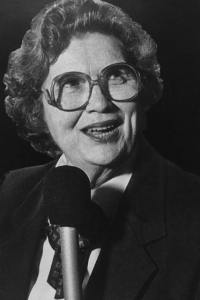
Known as a radio icon, a broadcasting legend, the first female Editor-in-Chief of the Daily Iowan and the host of the Dottie Ray Show, Dottie Ray is a trailblazer for women in journalism. Dorothy “Dottie” Ray graduated from the University of Iowa with a journalism degree and led the first-ever all-woman Daily Iowan staff in 1942. Despite passing away in 2016, Ray’s legacy continues to live on today.
Amelia Kanellis, Ray’s daughter and former West counselor, recalls that Ray was always driven to advance in the field of journalism.
“She always knew what she wanted to do. When [Ray] was in high school, she worked for the Eagle Grove newspaper and interviewed people. She always loved newspaper,” Kanellis said. “She would have described herself as nosy.”
Despite Ray’s leadership accomplishments working for the Daily Iowan, such as hiring and leading an all-woman staff in a male-dominated field, Kanellis believes Ray’s biggest success came from the stories she told.
“She was a journalist who chose to bring the best out of others. She didn’t choose to be in attack mode. She wanted to learn about people and hear their stories,” Kanellis said.
On Sept. 4, 1959, Ray aired her first talk show on KXIC radio. For the next 55 years, with 14,144 shows and 32,397 guests, Ray dedicated each radio show she aired to connecting Iowans, uplifting the community and bringing awareness to charity organizations.
“[Ray] interviewed the guy that wanted to start FilmScene and she was like, ‘Well, you know what, this is something Iowa City needs.’ And then she would get on the phone, call her friends and say ‘Hey, guys. FilmScene. It’s gonna be an amazing thing. We all need to give him money. We need to get this going.’ That’s just who she was. She would hear about needs in the community and then she would do everything she could to encourage others to take care of those needs,” Kanellis said.
She paved a path for women in the journalism world by just being good.
— Amelia Kanellis
While sharing these important stories, Ray also paved the way for women in journalism. Kannelis attributes her mother’s success to her confidence and believes she helped other women feel they were capable of reporting just like their male peers.
“She always treated everybody the same, and therefore, was treated with great respect by everybody. She was kind of fearless[and] not intimidated by males — she had unconditional respect. I think she paved a path for women in the journalism world by just being good,” Kanellis said. “She did it with kindness and grace. She made it so others thought, ‘Oh, wow, maybe I can do that.’ [Journalism] was a very male-dominated world, and just on this tiny scale of Iowa City or the University of Iowa, she showed that it was very possible [to succeed as a woman].”
Seung Min Kim ’03
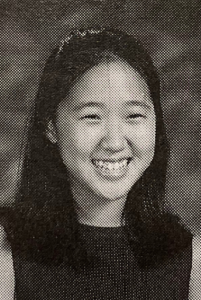
From a young age, Seung Min Kim ’03 knew she wanted to be a journalist. Before spending four years of high school writing for WSS and dedicating her life to reporting, Kim’s journey in journalism started when she was offered a spot to shadow a reporter in middle school.
“When I was at Northwest Junior High, we did a Career Day. We chose a professional we wanted to shadow for a day, and I picked a local reporter,” Kim said. “I’ve always loved to read and loved to write; I thought that I wasn’t creative enough to be a fiction writer. I was like, ‘I’ll try writing for a newspaper and try this journalism thing.’”
After being the Feature Editor for the WSS, Kim received a scholarship to The University of Iowa, where she jump-started her career by writing for the Daily Iowan. While studying for her Journalism and Political Science degree, Kim interned for the Des Moines Register and the St. Petersburg Times (Tampa Bay Times). After graduating from Iowa in 2007, her passion for reporting led her to the heart of American politics: Washington, D.C.
“My first job after college was at the Star-Ledger, based in Newark, New Jersey,” Kim said. “Having grown up in Iowa City, I didn’t really want to go anywhere beyond Minneapolis. Midwest culture is my home. But this job offer came calling from the Star-Ledger, which is in the New York media market, and I was terrified. It was an opportunity I couldn’t turn down, even though it freaked me out.”
Although she was reluctant to leave home, Kim soon found a love for covering American politics, her favorite subject to this day.
“[My] favorite place I’ve covered is Capitol Hill and Congress,” Kim said. “Congress is very representative of the American people, and that means you have a really wide variety of members when it comes to political beliefs and personality. It keeps life interesting, and uncovering Capitol Hill is like seeing the wide diversity of the American people.”
Kim covered Congress for news outlet Politico for 8 years until moving to the Washington Post in 2018 where she began reporting for the White House. Kim then took her experience to the Associated Press and has been a White House correspondent ever since 2022.
During her time following the White House, Kim has noticed distinct differences between her current job and covering Congress.
“[Capitol Hill] is a place where reporters can get so much access. You are able to interview and talk to these elected officials face-to-face,” Kim said. “You can theoretically run into someone really important, and as long as you can think on your feet or things you want to ask, you can report out a story. You can even break news sometimes.”
While the White House has access to more expansive topics and global affairs, White House correspondents have more restrictions.
“Everything at the White House is very closely and tightly choreographed. But it’s the White House, you’re covering the President of the United States, which is a massive privilege and a massive responsibility,” Kim said. “[Capitol Hill] is something that we don’t get at the White House. I’m not wandering around the West Wing and into the Oval Office and say, ‘Hey, Joe, what’s up?’”
Kim noticed that women in journalism are often overlooked, especially covering politics as a Korean-American woman.
“If you’re a woman covering politics and government, you’re always going to be outnumbered, but things are definitely getting better. Politics and Washington is still very much a male-dominated town.” Kim said. “Sometimes, it’s small things like being continuously talked over during meetings by your male colleagues.”
Even though her gender and race can bring negative comments, Kim was never discouraged from continuing her path with journalism.
“Being an Asian woman, I deal with racism way more than I would deal with sexism, and that can actually be more vicious,” Kim said. “Being a minority woman, you just have to deal and grapple with [it] and overcome.”
Being a minority woman, you just have to deal and grapple with [it] and overcome.
— Seung Min Kim ’03
Although Kim has long been set on becoming a reporter, she never thought that she would be in the position she is today. Covering politics came naturally to Kim — whose mom took her to political rallies since Kim was young — but if she hadn’t taken the job in Washington, D.C., then she wouldn’t have known what the opportunity would bring.
“It’s so cheesy, but just pursue [your dreams]. Never be afraid to take opportunities that make you nervous,” Kim said. “I never thought I would cover Capitol Hill. That was an opportunity that my editor at the time just gave me. He was like, “We have an opening on the Congress team. I know you want to be a reporter. Do you want to try covering Capitol Hill?’ and I was like, ‘Oh, let me think about it.’ And I loved it, it was the best [coverage] I will ever have.”
Whether it’s writing about Congress or the White House, Kim feels very lucky to be in a career that impacts so many people.
“Washington is really complicated, and I’m learning something all the time. If it’s complicated to me, someone who gets paid to do this and who’s done this for 15 years, it’s complicated for the rest of the country,” Kim said. “Having reporters being able to cut through the noise for the rest of the country is really important.”
Bailey Nock ’18 and Valerie Welch ’17
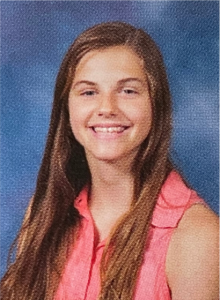
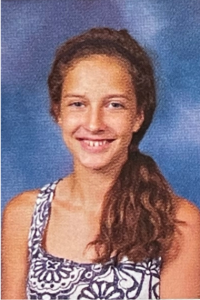
From running together in high school to being teammates in college, Bailey Nock ’18 and Valerie Welch ’17 have fostered a tight friendship throughout their journeys.
Both Nock and Welch recall winning the girls 4A State Track Distance Medley in 2017 as one of their favorite athletic achievements. Nock ran the 800 leg, and Welch ran the 400 leg.
“Winning as a team was way more fun than ever winning as an individual because you’re sharing that joy with the people that you have been practicing with every single day,” Nock said.
Welch expressed similar excitement when racing together.
“Whenever we [raced alone], we’d be absolutely crushing it and would get to cheer for each other … The other race [where] we actually did get to run together and win at state [for] was super fun,” Welch said. “To be together and to have known that we both contributed to one event to dominate was super cool.”
Both Welch and Nock committed to run for the University of Colorado Boulder for track and field and cross country, respectively.
Nock describes the drastic shift from a high school to a collegiate sports program.
“You’re going from high school, which is a much smaller pond, to college; it’s a huge leap,” Nock said. “My coach in college made sure we all knew that it takes about two years for anybody to get used to the program, let alone to race well. It was a huge learning curve and a huge adjustment.”
Nock’s interest in studying the environment began when she took Biology I and II in college. She discovered she liked working outdoors, which led her to continue her interest in biology, choosing to study Ecology and Evolutionary Biology.
“About halfway through my sophomore year, I realized, because of Kirkwood and AP credits, I was going to be done with my degree halfway through my junior year, and I didn’t want to be done yet,” Nock said. “COVID hit, so I added Environmental Studies and a Business minor to make sure I had a full-time schedule until the end of my senior year.”
During Nock’s first internship, she worked with Ralphie’s Green Stampede, SEA Boulder’s on-campus sustainability partner, and interviewed corporations to see how campus and athletic events could be more sustainable. At another internship with United Way, Nock interviewed different organizations about disaster reliance, specifically wildfires. Nock shares her biggest takeaway from her internships.
“You don’t need a job description to fit exactly the skills you have. You can do a job and do it well,” Nock said. “Even if you feel like you don’t have a background in that, everybody has to learn things for the first time.”
Nock notes that seeing women in the science field was important to her finding success.
“I had a ton of very supportive science teachers at my time [at West]; a lot of [them] were women, which was really important to me, seeing someone in front of you be so successful,” Nock said. “Then you’re like, ‘Okay, science isn’t just for men, and technology isn’t just for men. If I want to do that, I can do that because I know there are a ton of women in my past that did it and were successful.’”
Similarly, Welch’s older sister is an engineer, showing her that she could follow her dreams, too. Since high school, Welch has known that she wanted to follow in her sister’s footsteps, but was unsure what type of engineering to pursue. After applying to an internship at Nike, she was able to secure a position as a pattern engineer.
“I work in the footwear product creation organization within Nike. My team specifically makes footwear prototypes, and my job is more well-known as a pattern engineer,” Welch said. “We [make] the pieces of material that are going to get stitched together in 2D software, and then they’ll be cut out of material and can actually be built.”
Welch expands on the role that West has played in her future and mentality.
“A lot of people … were very focused on their studies, and they were also in sports or extracurriculars that they were really passionate about,” Welch said. “Being surrounded in that type of environment made it really easy to do the same in college.”
During high school, Nock was very ambitious in her plans for the future, but she notes that the support she received was essential to her achievements.
“My parents, my siblings, my coaches, my teammates, my roommates, my friends, everybody was always supporting and encouraging me to reach my potential. They set high expectations, but at the same time, I would rather have the people around me have high expectations than have them be disappointed,” Nock said.
I would rather have the people around me have high expectations than have them be disappointed.
— Bailey Nock ’18
Welch shares the struggles she’s faced with entering the STEM field.
“I’ve faced more struggles for being young than I have as a woman. I sometimes feel [I have] impostor syndrome. I have a lot of coworkers who are significantly older than me,” Welch said. “In my [college] classes, I’d be one of maybe four girls. It didn’t really bother me and didn’t necessarily cause me any struggles, but it was interesting to see that [STEM]’s definitely a male-dominated field and was pretty obvious in my classes.”
As Nock continues her graduate studies, she shares her plans for the future.
“At this stage of my life, I’d like to be employed next year and move out West [and] definitely get back into outdoor recreation, just being within nature,” Nock said.
Though Welch has already started her professional career, she shares her goals for the future.
“I want to keep learning and excelling in my current job. Eventually, I will leave the footwear world, but I do really love product creation,” Welch said. “I’d like to be in an area of the industry that’s more useful, [where] the goods have a use beyond looks. [I want] to continue enjoying what I do and making sure that I’m learning and, to be more specific, probably in outdoor gear product creation.”
As she recounts her experiences being a woman, Welch shares some advice she has for other women at West.
“Don’t be afraid to go get what you want. I knew that I wanted to do engineering, and [track] was something that was more for fun. I wasn’t ever planning on doing it professionally,” Welch said. “I focused on my desire to get a good degree at a good school, and the track thing came second. Just know what you want and make sure what you’re doing is aligned with that goal.”
Janice Weiner ’76
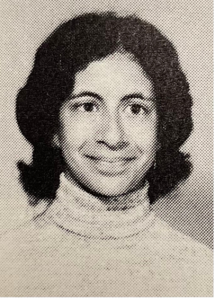
Self-proclaimed band kid and nerd in high school, West graduate Janice Weiner ’76 had no idea that she would eventually become an Iowa Senator.
“I was a music kid in high school, so most of my activities at high school were with band and All-State,” Weiner said.
Weiner recalls how her upbringing and connection to public service originated from her household.
“I was raised [believing that] we should be in jobs that benefit the community, the state and the country and that public service was a worthwhile undertaking, even if it is not the most lucrative,” Weiner said. “I paid attention to politics. I volunteered to do things like stamp [and] stuff envelopes.”
After graduating from West, Weiner began her undergraduate studies at Princeton University, graduating in 1980 with a degree in comparative literature. Weiner recalls being amongst one of the earlier classes that admitted women.
“I was at Princeton not very many years after women were first admitted. We celebrated 10 years of women at Princeton while I was there,” Weiner said. “Which tells you, I may not be young, but it [has] not been all that long when you look at the arc of progress.”
Following her years at Princeton, Weiner attended Stanford Law School, graduating in 1984. Weiner describes how, at that time, it was difficult for women to secure certain legal professions despite having credentials that were identical or superior to those of their male counterparts.
“I was in law school when Sandra Day O’Connor, a Stanford graduate, was appointed to the Supreme Court by President Reagan, which was hugely momentous,” Weiner said. “But if you go back and look at when she graduated from Stanford Law School in the 50s, at the top of her class, [in the] same classes as William Rehnquist, the only job she could get was as a legal secretary.“
Weiner appreciates the efforts of women who contributed to broadening women’s opportunities.
“I was extremely fortunate to be in college and law school when I was because others not very long before me had opened those doors. They opened the doors to attending Princeton, to jobs, law firms and a variety of other things that just hadn’t been there very many years before for women,” Weiner said. “I was highly cognizant of my great fortune to be at those institutions when I was and not, say, five or 10 years earlier.”
After graduating from law school, Weiner returned to Iowa City and dived into the political scene.
“I never really went to law school with the intention of practicing law. When I decided I wasn’t going to work for a law firm, I came back to Iowa City, and in 1984, I was hired by the state democrats to run their Get Out The Vote effort in Johnson County. I knew nothing about it, so I had a lot to learn,” Weiner said. “That was my first really intensive experience with political organizing and getting the vote out.”
After gaining first-hand experience in civics, Weiner worked for the United States Foreign Service.
“[I spent] a year and a half abroad at an International Law Institute in Munich, and when I came back, I figured I should at least try the law firm thing. I had become a member of the California Bar while I [took] the Foreign Service exam and was in [that] process,” Weiner said. “I worked for a law firm … I didn’t really like the work. And from there, after about a year and a half, I was accepted into a class at the State Department and joined the Foreign Service.”
Weiner credits her foreign language education at West as giving her an advantage in landing her first job in the Foreign Service.
“There’s a direct line between West High and the Foreign Service, particularly my first post. I had a fabulous, fabulous German teacher at West High, Heidi Gaylor,” Weiner said. “My first Foreign Service posting was in East Berlin when the German Democratic Republic existed. The reason I got the job was because I already spoke German. They [pulled] someone from the post and needed someone who already spoke the language. West High gave me a big leg-up, and that’s how I got to East Berlin and was fortunate enough to be there in the lead-up to the fall of the Berlin Wall and then for the only democratic elections that followed.”
Weiner reflects on her time spent in the Foreign Service, recalling very few women in her class.
“The Foreign Service had long been a white male-centric institution,” Weiner said. “In my entering class, we didn’t have very many women. I was unimpressed with the number of [women in] the class. It didn’t mean we didn’t have opportunities, but just think, now, the classes are pretty much even. When I came in, we were still a substantial minority.”
Alongside the disproportionate representation of women in class, Weiner recalls how the treatment of women was also different.
“It was more of how we were treated in some of the countries where we served than necessarily how we are treated in the Foreign Service. That wasn’t necessarily a bad thing because sometimes people would underestimate us,” Weiner said. “Never underestimate any smart woman or anyone who has made it into a profession. You do so at your own peril.”
Never underestimate any smart woman or anyone who has made it into a profession. You do so at your own peril.
— Janice Weiner ’76
After spending many years working for the Foreign Service, Weiner returned to Iowa City.
During the years she worked as a foreign service officer, political officer, human rights officer and consul general, Weiner served in numerous countries such as Belgium, Turkey (during the height of the PKK insurgency), Poland, Canada, Mexico and Germany, before returning to the U.S. for her final posting in Washington D.C., liaising with Capitol Hill.
“I spent a little bit of time working for AFSA, the American Foreign Service Association, which is both the professional association and bargaining unit for the Foreign Service, and I spent time on Capitol Hill with them as well,” Weiner said. “When I ended up coming [to Iowa City], I really came back here for West High and the Iowa City schools. I was looking for ‘what am I going to do next now that I’m retired,’ and I gravitated naturally toward politics.”
Weiner learned to speak seven languages throughout her career. Weiner utilized her extensive foreign language background and became a substitute teacher for the ICCSD, teaching French and German before returning to the political scene.
“I joined the program committee, the Iowa City Foreign Relations Council. I did that stuff for about a year, and then in 2016, as we were approaching that election, I became a field organizer for the coordinated campaign here,” Weiner said. “It was intensive, on-the-ground-work for a number of months through the 2016 election, and that really got me hooked on local politics.”
Now, Weiner is an Iowa Senator representing District 45 after being elected to her first term in 2022. She also serves on the Board of the Agudas Achim synagogue and is currently raising her granddaughter. Throughout her lifetime of accomplishments, Weiner remembers one of her proudest accomplishments during her last overseas post as consul general in Dusseldorf, Germany.
“I started a women’s group to bring together women of different professions with the goal of really helping pull other women up,” Weiner said. “And that organization still exists.”
Weiner gives a piece of final advice to the women currently attending West.
“A lot of women will say, ‘I’m not qualified to do this, or I’m not qualified to do that.’ Yes, you are. You are qualified. You have the ability. You have the capacity. You have the support network. And you absolutely are the person we need in whatever the moment is. Don’t ever sell yourself short.”







